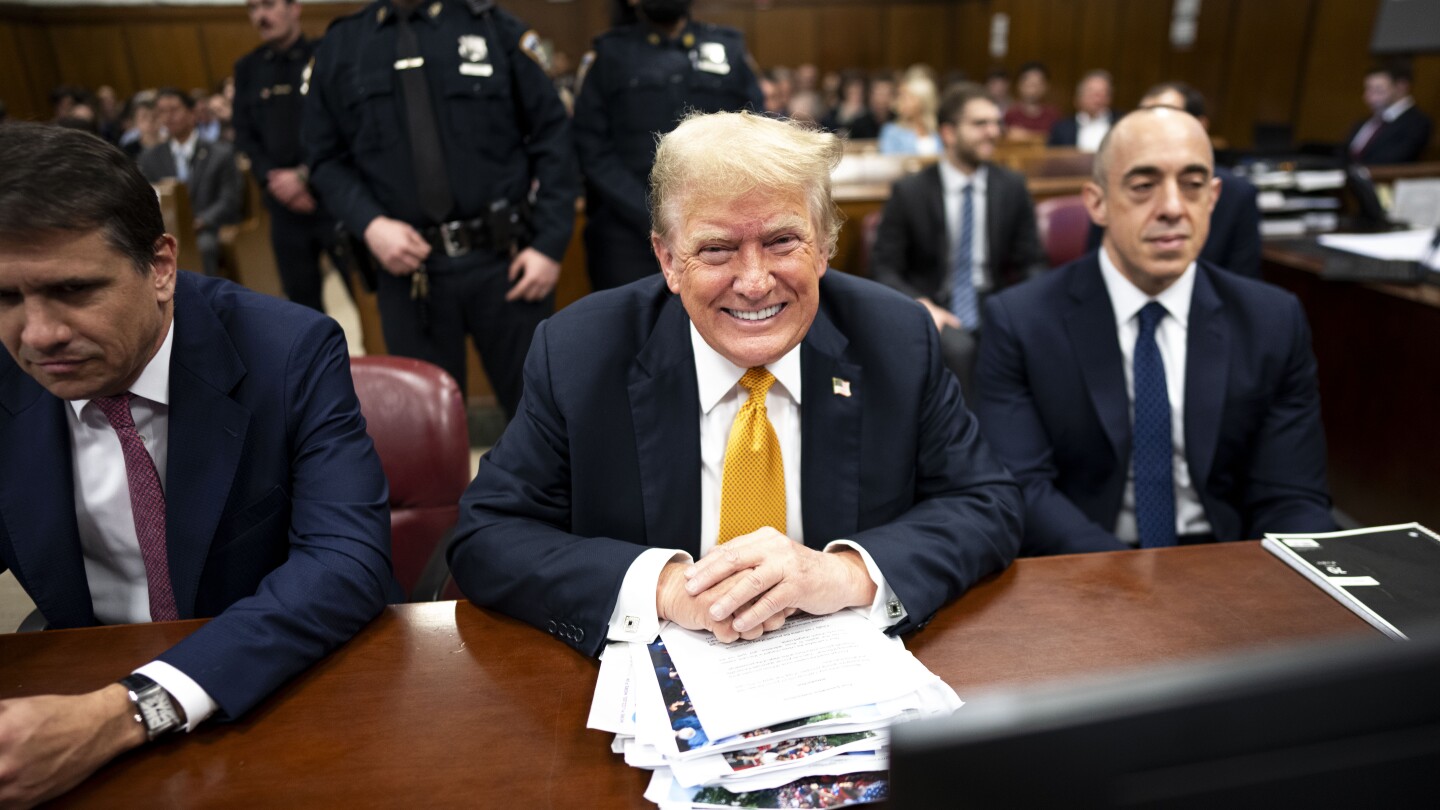Weatherman2020
Diamond Member
- Mar 3, 2013
- 93,662
- 65,058
Judge Merchan just told the jury that they do not need unanimity to convict. 4 could agree on one crime, 4 on a different one, and the other 4 on another. He said he would treat 4-4-4 as a unanimous verdict.Offering up multiple links to Judge Merchan's instructions to the jury. Why? So we all can find an easy link to facts that are sure to be misrepresented (by more than one side), misconstrued, misunderstood, and misinterpreted.
DocumentCloud
www.documentcloud.org
Loading…
static01.nyt.com
Here's a discussion of things in Business Insider (no pay wall):

How they'll decide: Read the jury instructions for the historic Trump hush-money trial
As Donald Trump's jury deliberates in Manhattan, here are their guiding documents and instructions.www.businessinsider.com
In the end we either believe in and trust the system, or we don't. Cafeteria style support of the system is part of the problem we love when the courts do this, we hate the courts when they do that. Our nation exists and has only prospered for as long as it has (a short time in democratic, republican history) because it started out anew with an extralegal set of meetings that gave us our present constitution.
Extralegal. Interesting fact. The so-called American Revolution was based and and supported by extralegal means.
Thats not even legal in North Korea.




